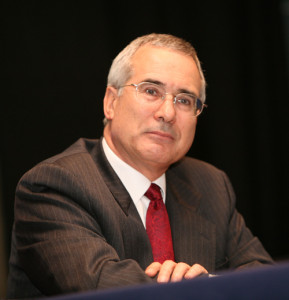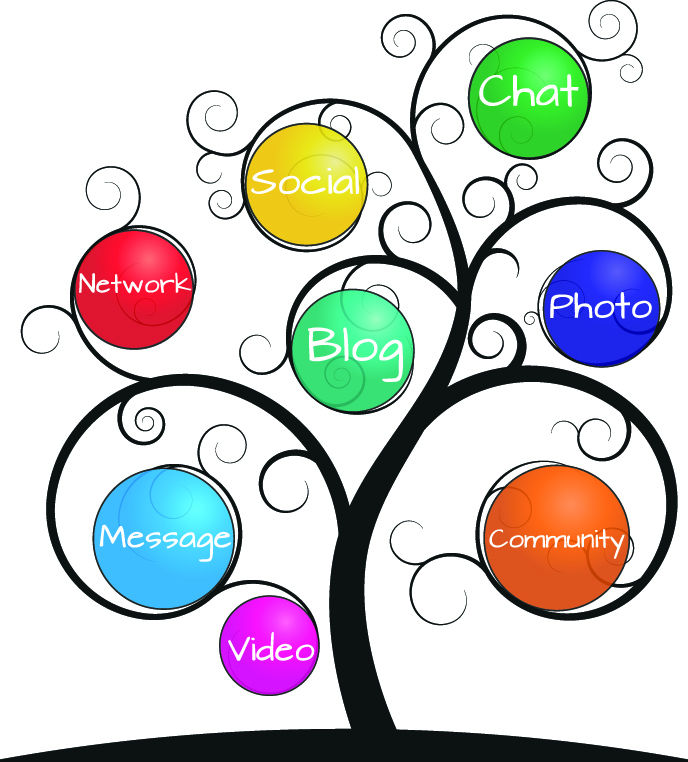By Nicholas Stern
 We live in a time when the world faces problems of trust in institutions and a weakening of confidence in existing ideas and models. The geo-political landscape is shifting fundamentally. Politicians in many countries, including the UK, are failing to inspire younger generations. The UK is seeing a decline in membership of political parties, a lack of public engagement in political issues, and it is especially true of the young. These processes are magnified and intensified by the revolution in communications and social media. The public political arena – the quality and quantity of questioning and serious discussion of evidence – is shrinking before our eyes. We will all be the losers if this continues.
We live in a time when the world faces problems of trust in institutions and a weakening of confidence in existing ideas and models. The geo-political landscape is shifting fundamentally. Politicians in many countries, including the UK, are failing to inspire younger generations. The UK is seeing a decline in membership of political parties, a lack of public engagement in political issues, and it is especially true of the young. These processes are magnified and intensified by the revolution in communications and social media. The public political arena – the quality and quantity of questioning and serious discussion of evidence – is shrinking before our eyes. We will all be the losers if this continues.
The wealth of research and expertise from those studying the humanities is vital to providing a serious response to these problems. Understanding who we are, how we live and why we make the decisions we do has never before been such a global priority. It is important that we celebrate the humanities and share an understanding of what research in these areas can provide. For example, Reading War and Peace gives not only great fulfilment but also a deep understanding of human behaviour and suffering. One could argue that if more people read it, and engaged with it, the world could be a richer and safer place.
The humanities can help us learn from the past. They also provide crucial insights into the behaviour detailing the future. The implications of new scientific and technological developments, the effect a new cancer treatment might have on individuals, predicting how increases in digital communication will alter human interaction, informing our understanding of what climate change might mean for where and how we live; for all of these, an understanding of behaviour, community and morality are vital.
The humanities are first and foremost about understanding, questioning, fulfilment, culture and identity. They also infuse our economy and our public and cultural life. One of the fastest growing sectors is the cultural, creative and digital industries, which now account for nearly 10 per cent of the whole economy. In addition, the humanities also play an essential and often under-acknowledged role in pushing politics and public debate forward, in bringing new ideas to the fore, in helping to understand the meaning of prosperity and life in a deeper sense.
The voices of researchers need to be heard more clearly for all the reasons detailed above; the UK’s deep reservoir of research and expertise across the humanities disciplines is a national asset which informs our understanding of ourselves and what it means to be human. It rewards us and evolves us as individuals and communities, contributes directly to economy and society, and guides us in tackling the great challenges of this century.
It’s vital that humanities research is presented strongly to both the public and policy-makers. It must be celebrated, disseminated and used. This is what I hope the Being Human festival will achieve; by calling upon universities and academic institutions to create events sharing their research and ideas, the Festival will provide a forum for people to better understand current work in the humanities, consider their importance in how we live our lives, and the value of the humanities in helping us understand what it means to be human.
Professor Nicholas Stern (Lord Stern of Brentford) is President of the British Academy. For full details about the Being Human festival check out the website and Twitter account @BeingHumanFest.

